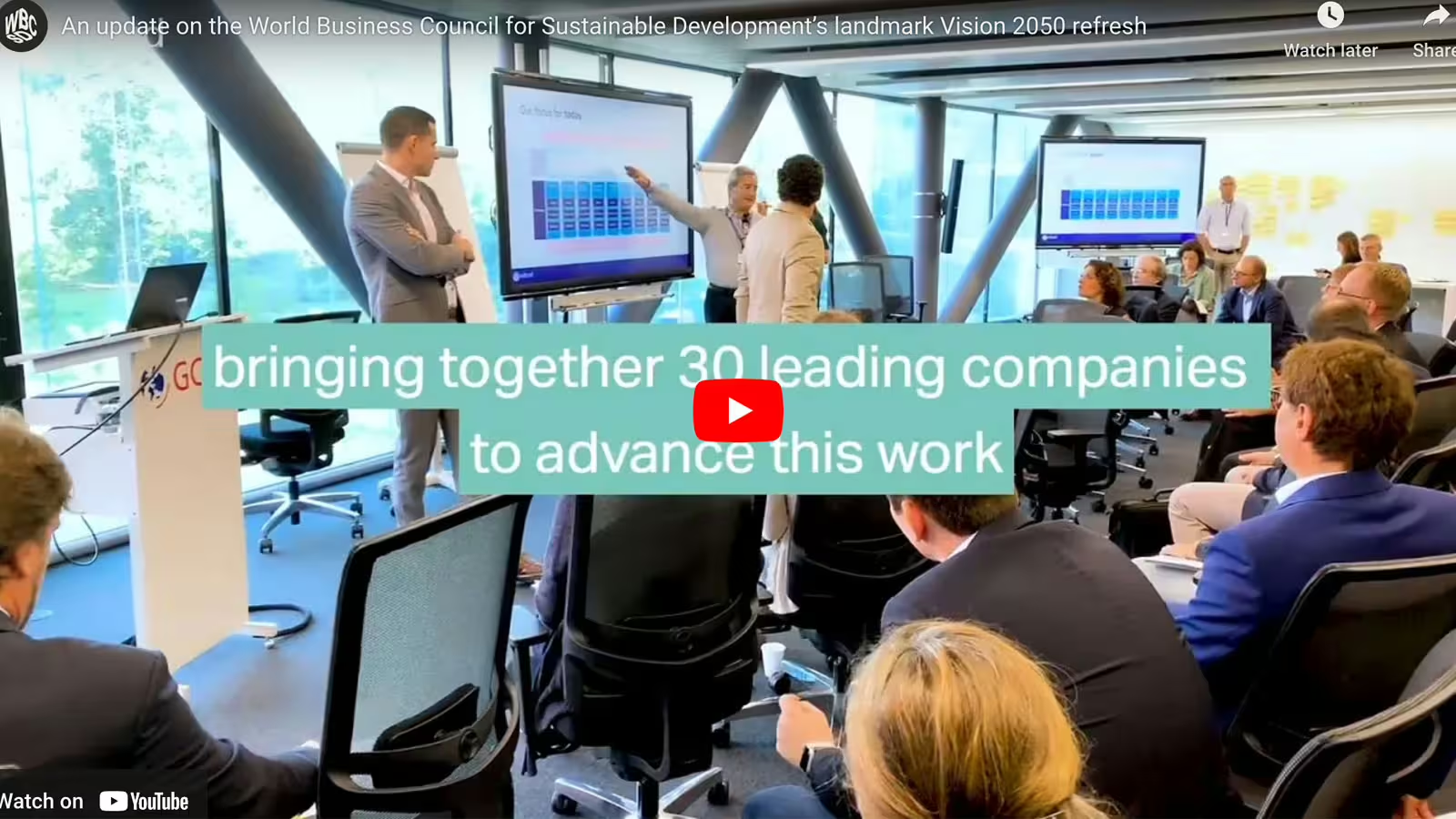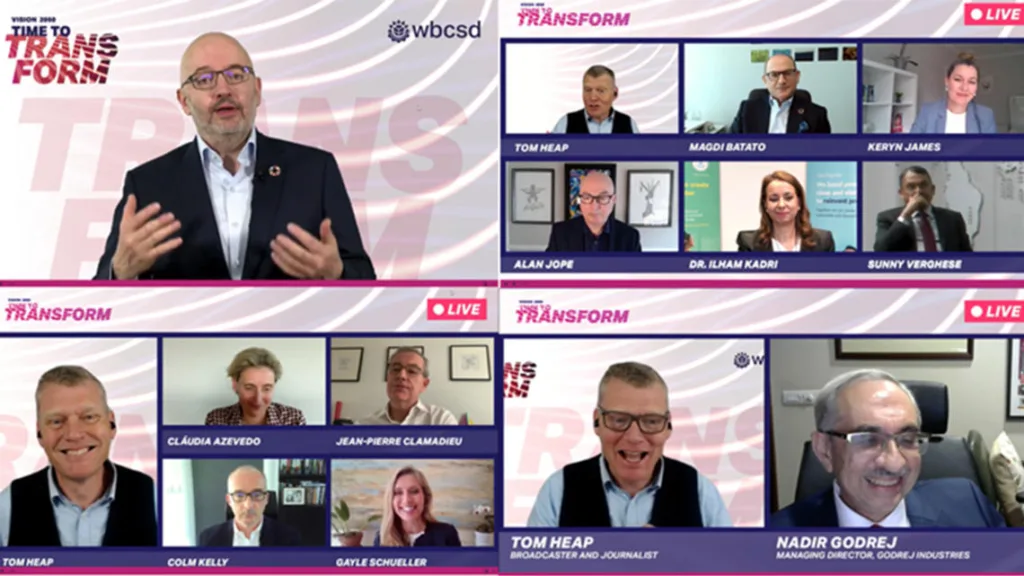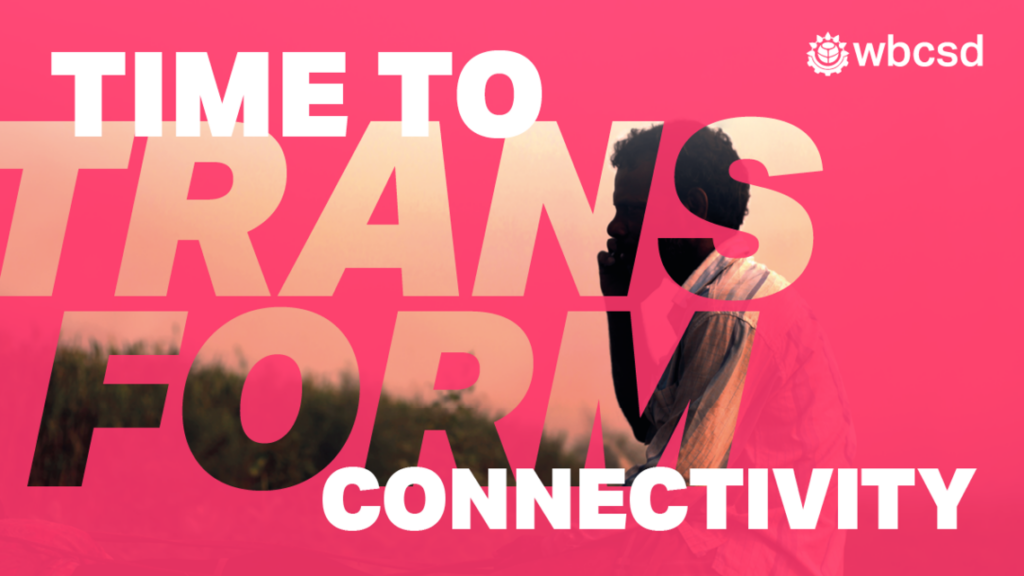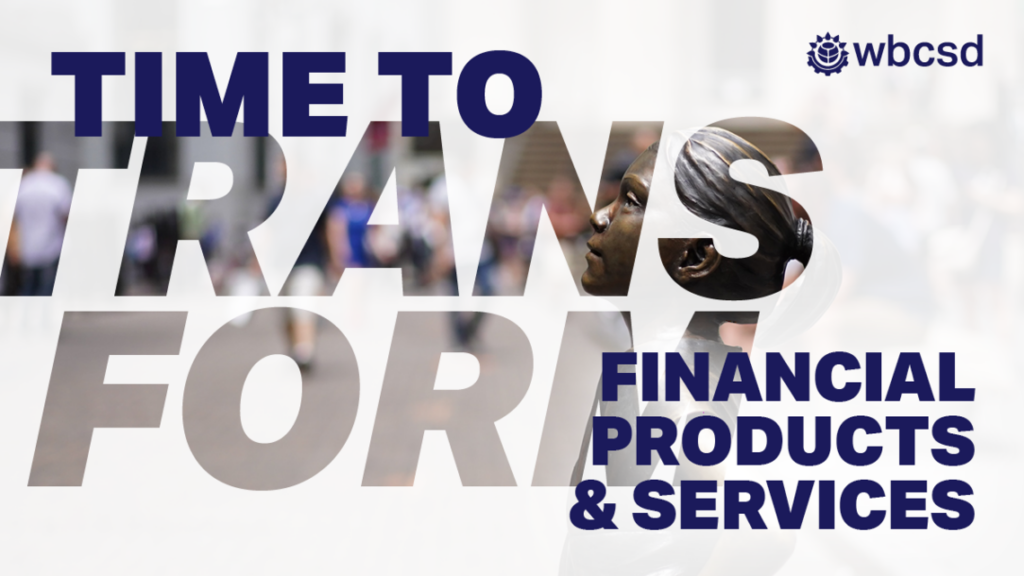An update on the World Business Council for Sustainable Development’s refresh of its landmark Vision 2050
Geneva, 10 October 2019: Earlier this year, the World Business Council for Sustainable Development (WBCSD) set out to revisit its landmark Vision 2050 – an ambitious study issued a decade ago, exploring what a sustainable world would look like in mid-century, how such a world could be realized, and what role business has to play in making that vision a reality.
Under the leadership of WBCSD’s Executive Committee, over three dozen member companies from 16 countries, representing more than ten industry sectors and with a combined USD $1.7 trillion in annual revenue, have signed up to lead this project. To help guide and inform these efforts, WBCSD has also assembled an external review committee comprised of a diverse collection of global thought-leaders and experts. The result is a collective, business-led effort to shape how business can help to unlock the transformations that are needed to allow over 9 billion people to live well, within the boundaries of the planet by mid-century.
Although significant progress has been made in recent years, we are not yet on the cusp of the wholescale transformation of economies, societies and business models needed to put us on course to realizing our Vision. We cannot yet see a clear path to bringing about a sustainable world at the rate or scale required, even though we have a much better idea today of what it is that needs to be done than we did ten years ago.
Against this backdrop, our work on renewing Vision 2050 will explore five key focus areas with a view to identifying a clear action agenda for business for the next decade and beyond:
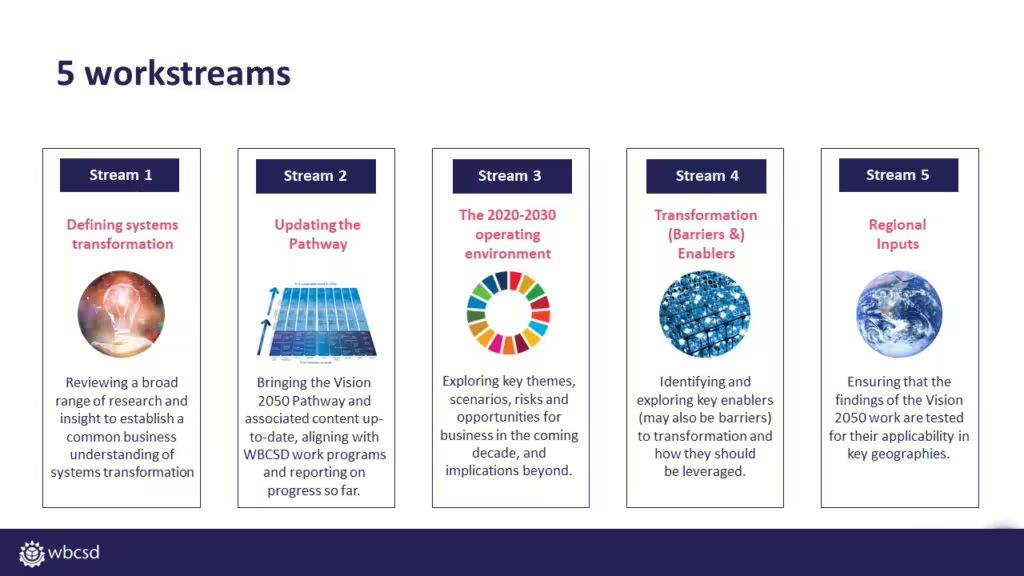
1. Exploring systems transformation: The concept of systems transformation is becoming increasingly popularized and applied across initiatives to advance sustainable development. We will be reviewing and synthesizing a broad range of emerging research and expert insight to establish a common understanding and vocabulary around how systems transform, what the key factors are that can help to enable and accelerate these transformations, and the role that business can play in driving, rather than reacting to them.
2. Updating the Vision 2050 Pathway: Central to our efforts to advance this work will be the task of bringing the original Vision 2050 Pathway and its associated content up-to-date. This will involve identifying gaps, revisiting our pathway structure, and incorporating details on the latest science, emerging innovations and most pressing themes and action areas which we see having an important role to play on the road to 2050.
3. The 2020-2030 Operating Environment: In order to ensure that our Vision remains relevant and actionable as we move into the critical decade to come, we will also develop a thorough understanding of the most likely and disruptive trends that look set to shape our operating environment over the next ten years, and how these trends are likely to impact our capacity to address key sustainable development challenges.
4. Transformation enablers (and barriers): Crucially, the project will also focus on identifying and exploring key enablers (and barriers) to transformation and how business can maximize its capacity to leverage these in support of our Vision.
5. Regional inputs: Finally, in order to ensure that our work is truly reflective of the global reality, we will also be embarking on a series of workshops and consultations across a broad spectrum of geographies, testing the applicability of our research across a variety of local operating environments.
Reflections on discussions so far
Following an initial deep-dive workshop held with project members in September, several common themes have started to evolve from our discussions so far:
- The importance of an aspirational Vision: Firstly, it is paramount for this piece of work to produce a Vision that is at once inspirational and aspirational, painting a positive picture of an achievable future that businesses can see themselves in and are excited and energized to work towards. This will be crucial for catalyzing the transformational efforts at the scale and speed that we need.
- The need for a Vision rooted in action: In addition, the Vision should be rooted in clear action points that companies can take in the next decade, including descriptions of those current activities that need to stop in order for the Vision to be achieved. Unavoidably there will be questions that will not be fully answered. It is therefore also important to identify key “must-solve” challenges that business will have to tackle in the coming years in order to make the Vision a reality.
- An opportunity to shape important discussions around the role of business and the future of capitalism: 2020 is almost here and it is clear that there is still more transformation, and more turbulence, to come. The recent CEO statement by the Business Roundtable has triggered a high-profile debate on the workings of our current model of capitalism and areas for improvement. There is a clear opportunity for WBCSD to help shape the narrative on what the role of business in society is and how we can move from statements to action.
- Vision 2050 as an important framework to help realize the Sustainable Development Goals: Our work on Vision 2050 also provides an important opportunity to articulate how business can contribute to the realization of the Sustainable Development Goals (SDGs) and to make them more immediately actionable for the business community, through a systems transformation approach.
WBCSD will continue to shape and advance this work ahead of projected launch of our revamped Vision in October 2020. Until then, stay tuned for regular updates through WBCSD channels, and feel free to reach out anytime to the Vision 2050 Refresh team.
More information

